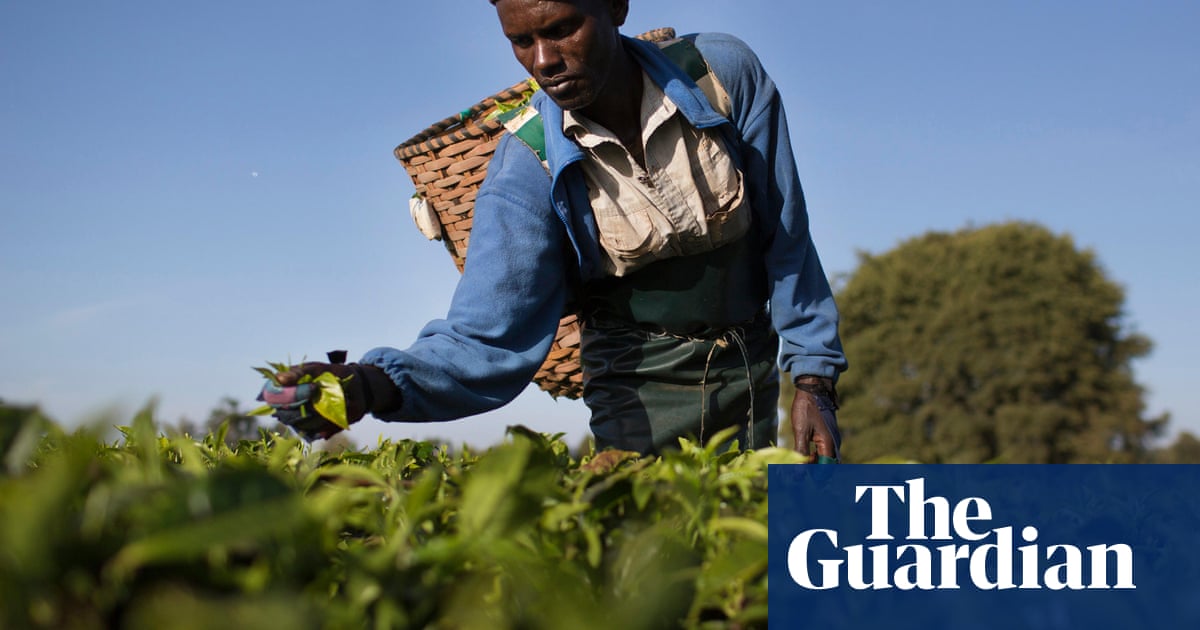It’s the ancient ritual that unites millions of Christians in faith – but the Church of England is facing accusations that holy communion excludes non-drinkers or worshippers with dietary intolerances.
C of E guidance determines the type of bread and wine that can be consecrated as part of the Eucharist ritual, which symbolises Jesus Christ’s sacrifice, death and resurrection and commemorates the Last Supper.
But after being asked to consider non-alcoholic and wheat-free options, church leaders have ruled these cannot be used.
Ahead of the meeting of the General Synod, taking place in London for five days from Monday, the Rev Canon Alice Kemp asked: “Can consideration be given to enable the legal use of gluten-free and alcohol-free elements at the Eucharist to remove the injustice of this exclusion?
“Both priests and congregants who are unable to consume gluten and/or alcohol are forced to receive in one kind only (ie bread or wine) or may be prohibited from receiving both elements if they are unable to consume both gluten and alcohol.”
Michael Ipgrave, the bishop of Lichfield and chair of the church’s liturgical commission, said changing the rules would overturn two settled positions in the C of E – what comprises bread and wine for holy communion, and that believers can still participate without consuming both.
Ipgrave said: “Receiving holy communion in one kind in a case of necessity is not an ‘exclusion’ but full participation in the sacrament, as often practised in the communion of the sick, or with children.”
He added: “Indeed, even believers who cannot physically receive the sacrament are to be assured that they are partakers by faith of the body and blood of Christ, and of the benefits he conveys to us by them.”
C of E canon law states that the bread used for holy communion should be of the “best and purest wheat flour that conveniently may be gotten, and the wine the fermented juice of the grape, good and wholesome”.
The synod’s position is that while “it is appreciated that the legal position … may cause difficulties for those suffering from alcoholism or coeliac disease”, the current rules make enough accommodation.
after newsletter promotion
It said using wine free from alcohol would be contrary to Church law because the results of fermentation would be “nullified”, and alternative wafers – made of ingredients such as rice, potato flour and tapioca – could not be considered “bread” because of the lack of wheat.
However, communion bread made with wheat flour “that has been processed to reduce the amount of gluten to a low level” can be used, along with communion bread “made with ordinary wheat flour”.
During holy communion worshippers can choose to have a blessing instead. During the Covid pandemic, the C of E allowed churches to use individual cups, rather than the traditional shared cup, to minimise the spread of infection.

 3 months ago
69
3 months ago
69

















































